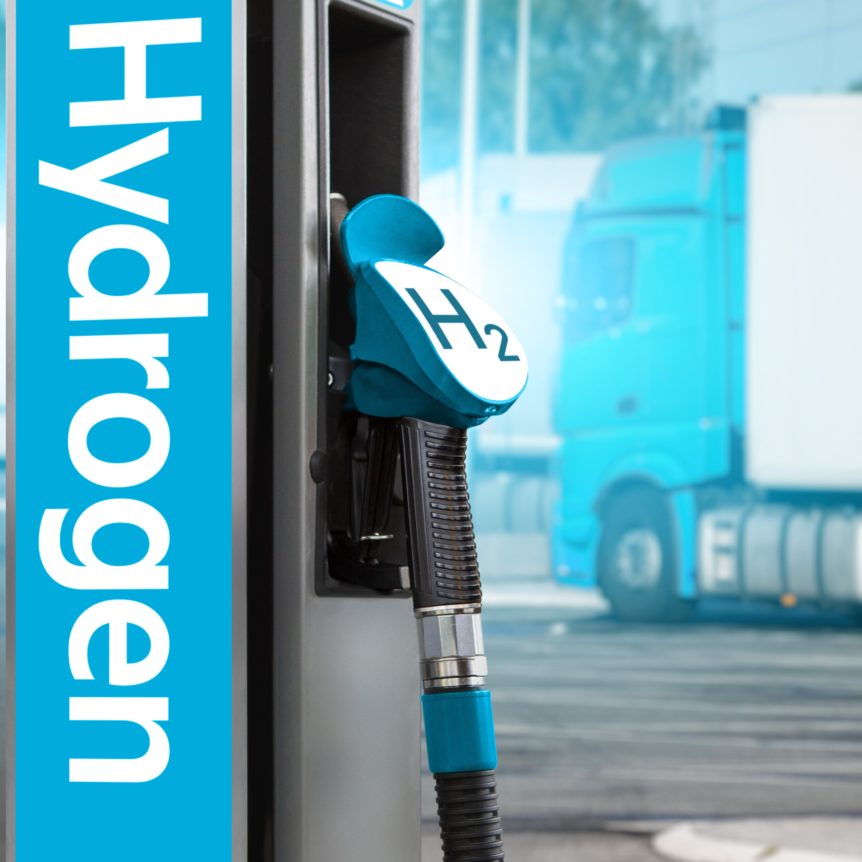The European Commission has welcomed the political agreement reached between the European Parliament and the European Council to boost the number of publicly accessible electric recharging and hydrogen refuelling stations, in particular across the European Union’s main transport corridors and hubs. This is a landmark agreement that will enable the transition to zero-emission transport and contribute to the EU’s target of reducing net greenhouse gas emissions by at least 55% by 2030.
The new Regulation for the deployment of alternative fuels infrastructure (AFIR)sets mandatory deployment targets for electric recharging and hydrogen refuelling infrastructure for the road sector, for shore-side electricity supply in maritime and inland waterway ports, and for electricity supply to stationary aircraft. By making a minimum of recharging and refuelling infrastructure available across the EU the regulation will end consumer concerns about the difficulty to recharge or refuel a vehicle.
Dr Angelos Amditis, Chairman of European Road Transport Telematics Implementation Coordination (ERTICO) and Project Coordinator of the EU-funded project eCharge4Drivers said, “We welcome the new European regulation for the deployment of alternative fuels infrastructure as a landmark agreement that can lead to a strong network for e-charging and hydrogen refuelling infrastructure on our roads, ports and airports. Coming in response to the increasing EV adoption, it brings a unique opportunity for Europe to build a world class EV ecosystem that could accelerate our transition to carbon neutrality by 2050. It is now important to sit together and work closely with EU policymakers and all relevant stakeholders for the implementation of the AFIR agreement that promises to address end users’ concerns about the difficulty to refuel a vehicle.”
More details about the new AFIR rules and the target dates for their deployment are available here.
Photo: New AFIR rules will ensure alternative fuel supply on Europe’s major routes.

